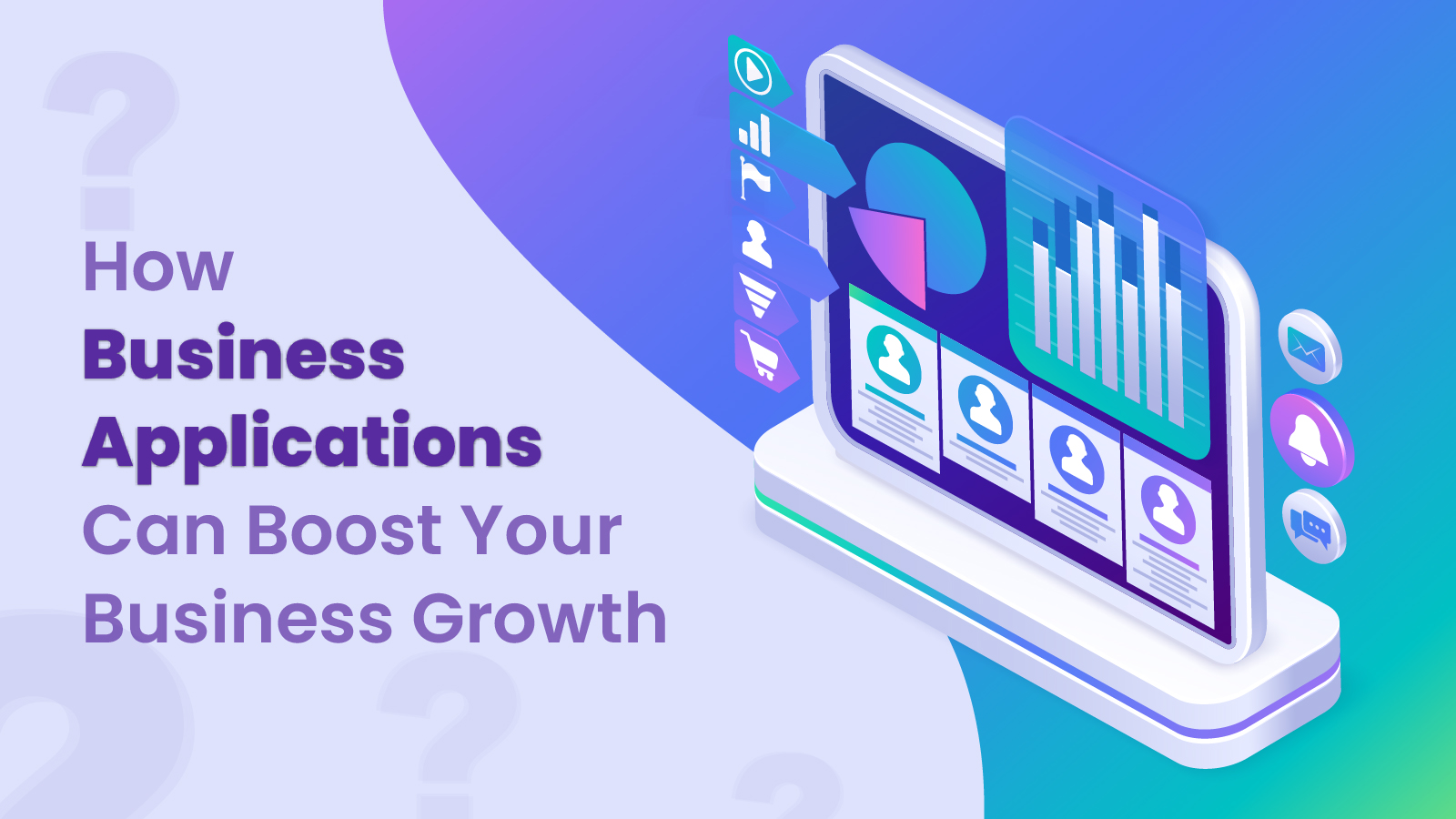00%
Ease Your Financial Management with Precise Payment Allocation In the.. Read more
Streamline Transactions with Advance Receipts In the dynamic world of.. Read more
Simplify Finances with Dues and Wallet Management In the ever-evolving.. Read more
Business applications are software tools designed to help businesses manage various aspects of their operations, from financial management to human resources and project management. Prior to the advent of these applications, many business processes were manual, which was time-consuming and often resulted in errors.
These applications have become essential for any business looking to improve customer relationships and drive growth. By centralizing customer data, automating sales and marketing processes, and providing valuable insights and analytics on many business operations, Business Software can help businesses stay competitive and thrive in today’s fast-paced business environment.
Data Management:
The first and foremost function of a Business Application is data management. The software acts as a central hold for all customer data, including contact details, purchase history, and communication preferences. With these software, businesses can easily access and manage customer data, ensuring they have the most up-to-date information to inform their sales and marketing to plan the strategies.
Sales Automation:
Business Application can automate many sales processes, such as lead generation, lead scoring, and sales forecasting. Sales teams can use the software to track their interactions with prospects and customers, schedule follow-up calls and meetings, and manage their sales pipelines more efficiently. Additionally, sales managers can use the software to monitor team performance and identify areas for improvement.
Marketing Automation:
Marketers can use the software to create targeted campaigns based on customer data, track the success of those campaigns, and analyze customer behavior to optimize future marketing efforts. Business Applications automate many marketing processes, such as email campaigns, social media management, and website analytics.
Accounting:
Most people who are in business and need to manage multiple accounts can rely on business applications to handle their accounts and workloads. Technology is giving accurate calculations, timely reminders and payment alerts for enabling businesses to progress through a healthy financial circle.
Analytics and Reporting:
Businesses with valuable insights into their customers and sales processes need an integrated platform that would be able to analyze every market scenario. The software can generate reports on customer behavior, sales trends, and team performance, providing businesses with the data they need to make informed decisions.
Integrations:
Many applications which are available in the digital markets today can integrate with other software solutions, such as marketing automation tools, sales enablement platforms, and customer service software. These integrations can help businesses streamline their workflows and improve their overall efficiency.
But the time of implementation varies from one application to another based on the platform robustness and success rates.
Customer Service:
A Business Application Can help businesses provide better customer service by providing customer support teams with access to customer data, enabling them to resolve customer issues and provide personalized support quickly. The software can also automate many customer service processes, such as ticket management and case tracking.
With the introduction of business applications, businesses have transformed how they operate and manage their operations by automating many processes and streamlining the operations, enabling them to achieve greater efficiency and productivity with a gained competitive advantage. These applications typically include features such as data analytics, reporting, and workflow automation, which can help businesses make informed decisions and manage their operations more effectively.
